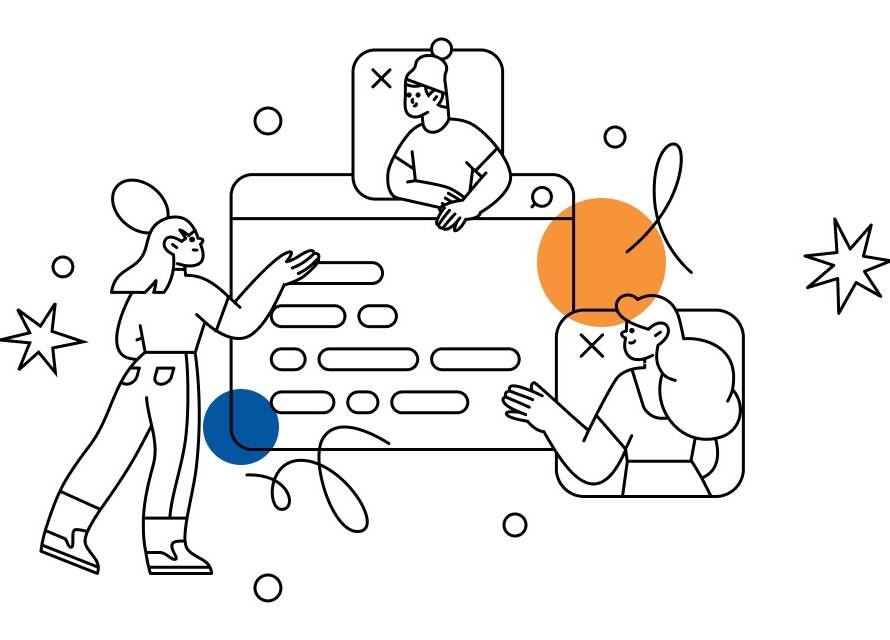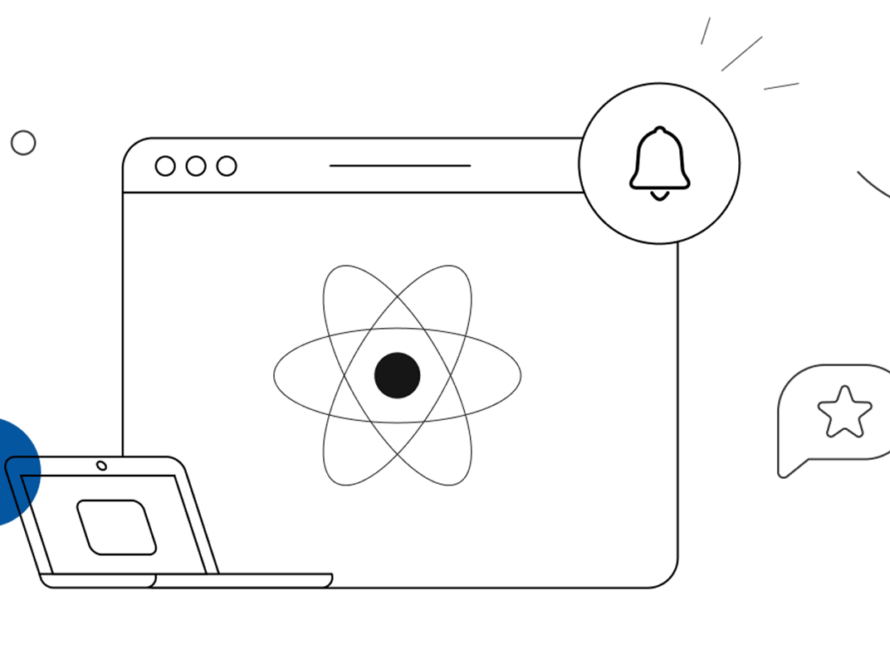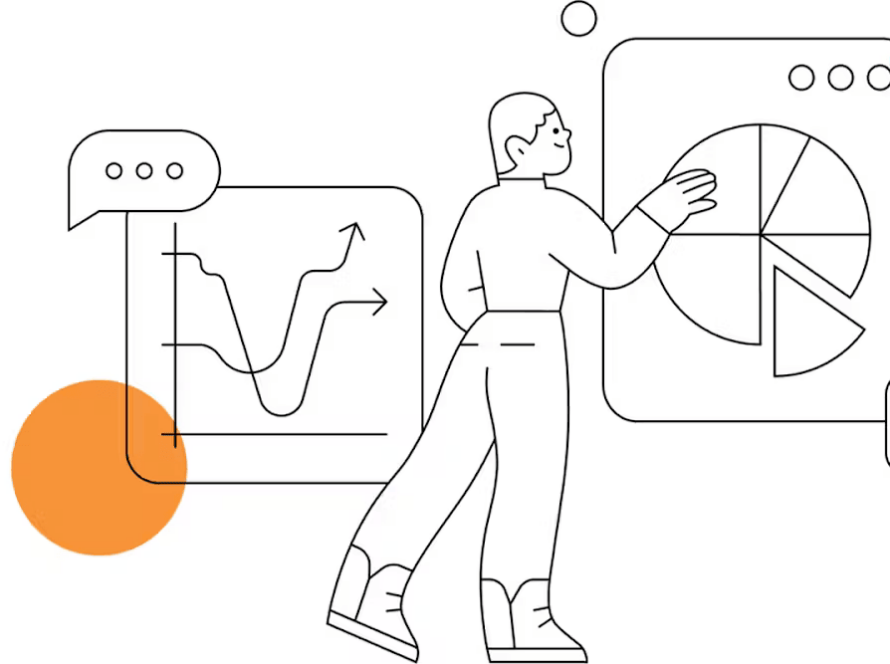Artificial Intelligence (AI) has become integral to our daily lives, revolutionizing industries and transforming how we live and work. From automation and machine intelligence to predictive analytics and cognitive robotics, AI has emerged as a driving force behind innovation and efficiency.
The rise of AI has brought about significant changes, making our lives more convenient, efficient, and personalized. It can streamline processes, improve decisions, and increase productivity. It is crucial to address ethical issues and ensure responsible AI deployment. As we navigate the future use of AI, we must strike the right balance between innovative ideas and ethical guidelines.
The rapid growth over the last few years has been driven by advances in computing power, the availability of big data, and breakthroughs in machine-learning algorithms. Combining these factors has allowed AI to analyze vast amounts of information, identify patterns and make intelligent decisions. It has revolutionized processes and improved outcomes in various industries.
Its impact on our daily lives will only grow as it evolves. In this article, we will explore the profound impact of AI on multiple industries and its role in shaping the future. By understanding the transformative power of AI and its implications for multiple sectors, we can embrace the opportunities it presents and prepare ourselves for a future where it becomes an integral part of our everyday lives.
AI in Everyday Life
- Virtual Assistants and Their Role in Enhancing Daily Tasks
Virtual assistants have revolutionized how we manage activities, access information, and engage with technology, becoming an essential part of our daily lives. These AI-powered companions can perform duties, comprehend normal language, and offer specialized help. Let’s see how virtual assistants might make daily work easier:
Natural language processing skills give virtual assistants like Siri, Alexa, and Google Assistant the ability to understand and carry out spoken orders. They can respond to queries, make suggestions, schedule reminders, and even manage smart home appliances.
We may check the weather, play music, order groceries, or make appointments with a single voice command. These virtual assistants can also assist in productivity and organization. They can manage our calendars, send emails, and create to-do lists, helping us stay organized and focused. By offloading these mundane tasks, virtual assistants allow us to allocate our time and energy to more important activities.
- Deep Learning and Its Applications in Various Domains
Machine learning’s subset of deep learning, which has applications in many different fields, has become a potent AI tool. It is based on artificial neural networks, which imitate the composition and operation of the human brain and enable machines to learn and reach complicated conclusions. Let’s look at some of the primary uses for deep learning:
- Image and Speech Recognition: Deep learning algorithms have transformed image and speech recognition systems. They let computers correctly recognize and categorize objects, faces, and speech patterns. This has cleared the door for developments in fields like voice assistants, autonomous vehicles, and facial recognition.
- Natural Language Processing: The capabilities of natural language processing have considerably improved with deep learning. Applications like chatbots, language translation, and sentiment analysis are made possible by the ability of machines to comprehend and produce human language. As a result, communication between people and machines is now more effective and efficient.
- Healthcare Diagnostics: Deep learning has shown great potential in healthcare diagnostics. It can analyze medical images, such as X-rays and MRIs, to detect anomalies and assist in diagnosis. Deep learning models can also predict disease outcomes, personalized treatment plans and aid in drug discovery.
Industry Transformation
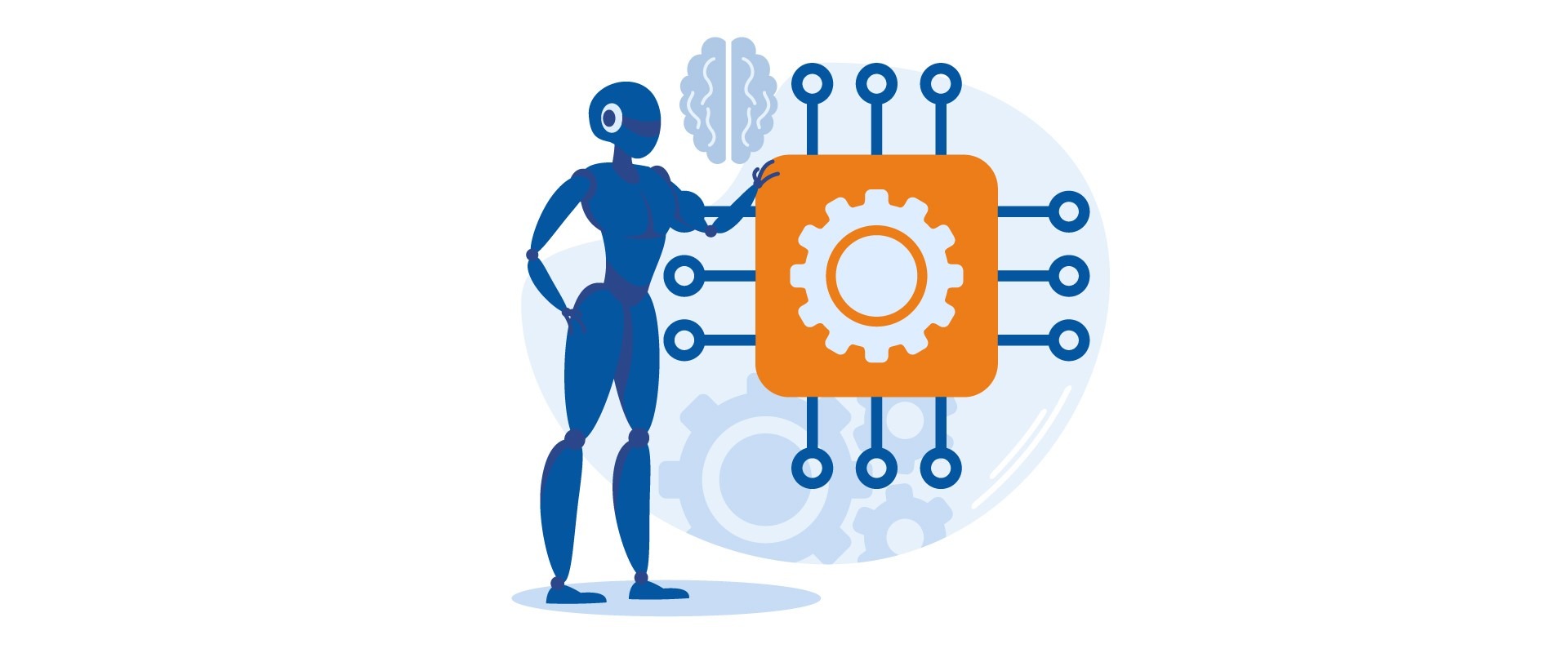
The introduction of AI has significantly altered many industries, challenging established procedures and revolutionizing business practices. Due to the incorporation of AI technology, sectors like healthcare, banking, education, manufacturing, and transportation have undergone tremendous changes.
- Finance Automation:
The finance sector has benefited from automating many processes, which has streamlined operations and improved productivity. Due to machine intelligence, financial institutions can use predictive analytics to make data-driven decisions and spot market trends. Trading, risk analysis, and fraud detection are all automated by AI-driven algorithms, resulting in quicker and more precise financial transactions. The finance sector has changed due to smart technology and algorithmic automation, which has improved security and optimized financial operations.
- Educational Enhancement:
AI has been a major force in education. It has improved learning outcomes and enhanced the experience of students. Educational institutions can use deep learning algorithms to analyze student data, identify strengths and weaknesses, then personalize their learning plans. Virtual assistants are revolutionizing the way students interact with educational material. They provide personalized guidance and facilitate adaptive learning. AI-powered platforms, smart devices, and immersive educational experiences create immersive learning experiences that make learning more engaging.
- Manufacturing Efficiency:
AI has improved manufacturing efficiency by combining automation with smart technology. Cognitive robotics, machine intelligence, and automation have revolutionized manufacturing, allowing for more efficient production, reduced errors, and increased productivity. Predictive analytics allows proactive maintenance to minimize downtime, maximize equipment utilization, and reduce costs. Integrating AI-powered systems will enable manufacturers to improve quality control, lower prices, and increase operational efficiency.
- Transportation Automation:
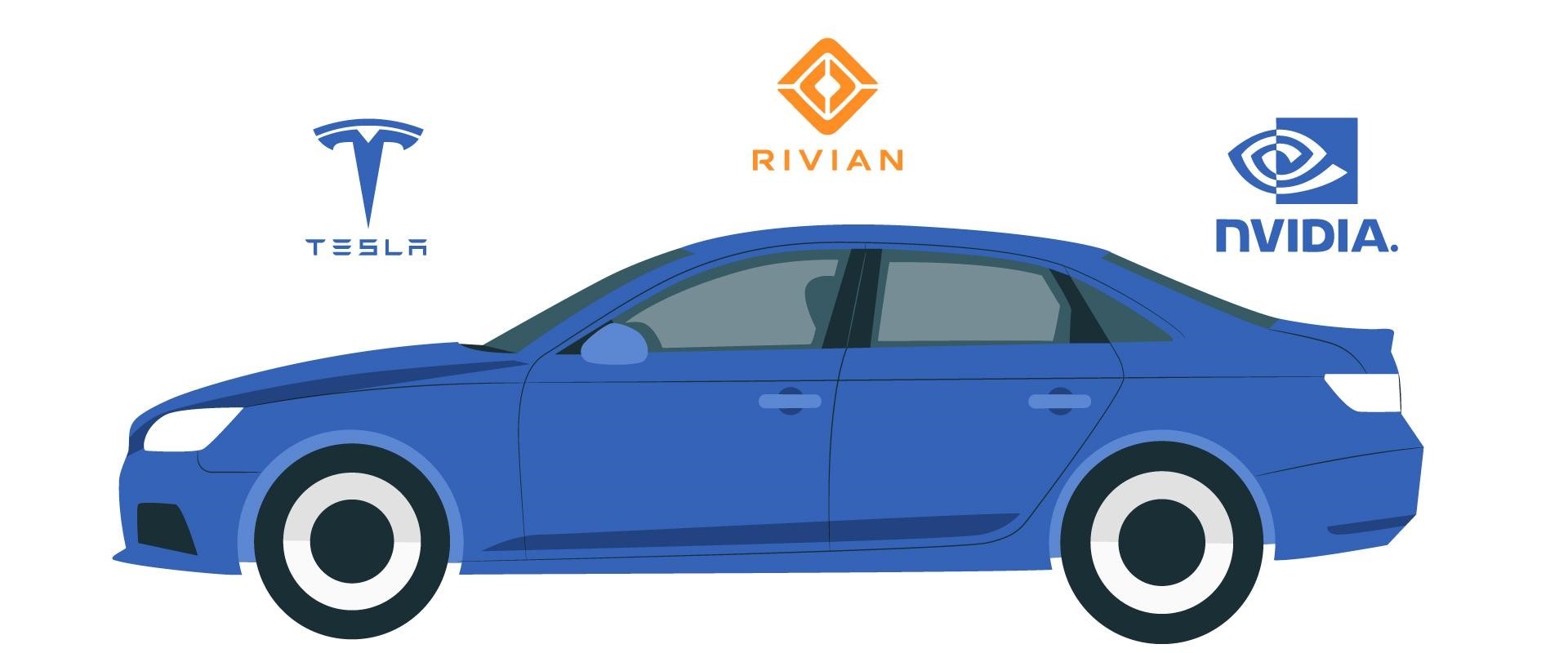
AI has greatly impacted the transportation industry, especially in automation. AI-enabled autonomous vehicles are revolutionizing the transportation industry by improving safety, optimizing traffic, and reducing congested areas. AI-driven supply chain and logistics management systems improve efficiency and minimize errors in transportation operations. IoT integration connects vehicles and infrastructure, allowing real-time data analysis and intelligent decision-making.
In Conclusion
The rise of AI has opened up a world of new possibilities and transformed our lives. AI is changing industries and improving our lives. From the healthcare revolution to financial automation, education enhancement to manufacturing efficiency, and smart technology integration to transportation automation, it profoundly impacts all these areas.
We can use AI’s potential to make a more connected and better world as we learn how to navigate the challenges and embrace its power. AI is revolutionizing industries, empowering individuals, and driving us toward an intelligent and automated world.
Embracing the power of AI is crucial for industries to stay competitive in an increasingly digital and automated world. The AI revolution is here to stay, and its transformative influence will continue to shape our everyday lives for years to come.
The emergence of AI in daily life indicates a time when intelligent technology and human intellect will collaborate to create a better world. It’s an exciting period, full of possibilities and opportunities.
By adopting AI, we can unleash new levels of innovation, transform entire industries, and bring a brighter, more productive, and more interconnected future. Join us as we set off on this transforming adventure as we embrace the development of AI.

